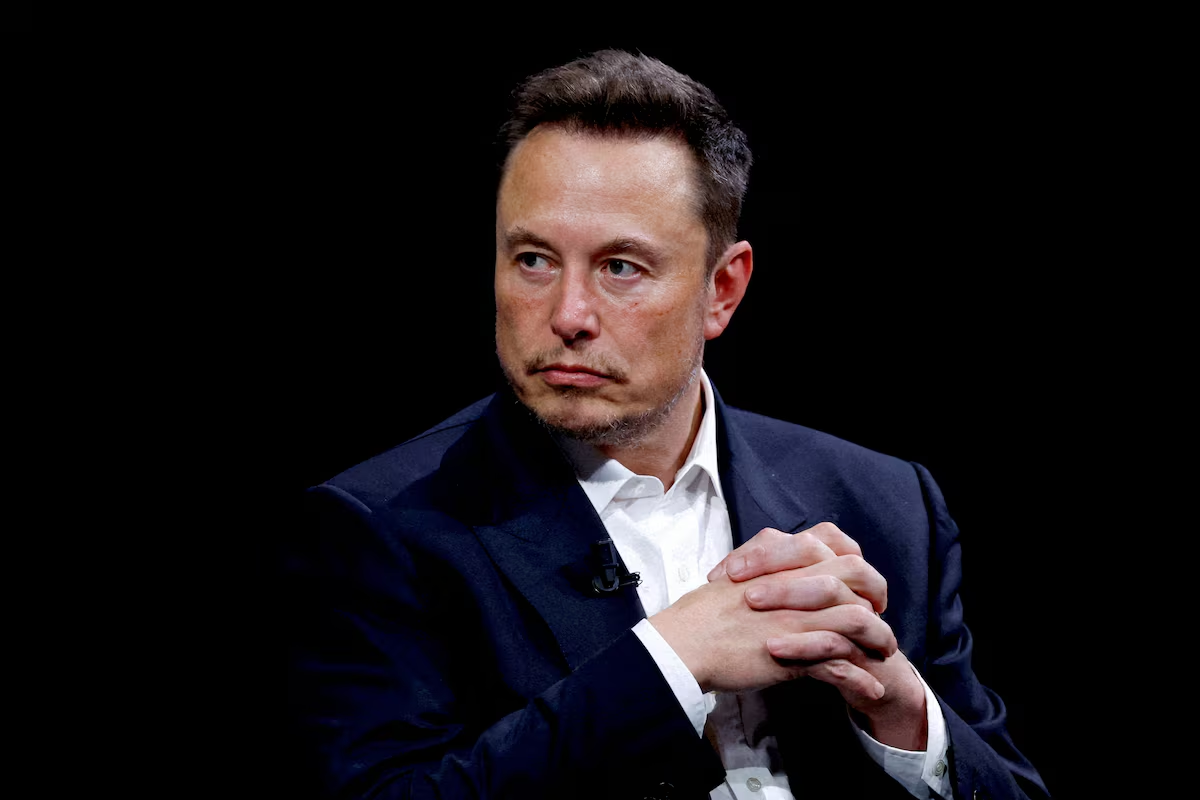In less than six years from now, India is expected to launch its home grown 6G wireless technology, promising higher frequencies (than the current 5G), higher capacity and lower latency.
What if that 6G was paired with Starlink, Elon Musk’s space-based satellite telecom network?
“6G is about combining terrestrial and space-based telecom networks,” Prof V Kamakoti, Director IIT Madras, told StratNews Global. “Musk has the basic building blocks that nobody else has, from new and reusable rockets to the ability to deploy large numbers of satellites. He also offers intersatellite communication through laser.”
Musk provides the backhaul in space, promising latency in milliseconds and ensuring seamless high-quality data.
“As technology, it’s amazing,” Prof Kamakoti says “and it’s already in operation with subscribers across the world sending and receiving data.”
Starlink is not yet in India although media reports say it has applied for a licence from the Indian authorities for Global Mobile Personal Communications by Satellite Services. Other reports said it is yet to respond to various queries from the government regarding security parameters.
These include data storage practices, share holding structures and its involvement with US national security agencies (Armed forces, National Reconnaissance Office which launches spy satellites).
India already has a “Trusted Sources” requirement when it comes to telecom equipment, a euphemism for ensuring Chinese equipment does not plug into India’s communications network.
Would Starlink qualify as a “Trusted Source”? Could exposure to Starlink compromise India’s communications networks?
“The risk associated with not just Musk but all foreign players is that at some point in time, they can cut off access,” says a senior former intelligence officer. “Hence over-reliance on any foreign supplier of goods and services is dangerous.”
Prof Kamakoti acknowledges concerns about the security of data on Starlink but points out “There is no guarantee data sent through public airwaves, which is encrypted, remains safe. India can ask for ground stations on its territory, and if the business grows, it may become feasible.”
But all this is looking far ahead. Domestic telecom providers Reliance Jio and Bharti Airtel say the potential entry of Starlink will upset the “level playing field” that currently prevails in the domestic telecom sector, where each player has had to bid for terrestrial telecom spectrum.
This will not be the case with space spectrum, which will be “administratively shared” although there will be a cost to that also. The concern is Starlink, since it has acquired spectrum at a lower cost, will be able to offer lower prices than the existing players, for its services
Starlink is not the only foreign biggie seeking to enter the Indian market. Amazon’s Project Kuiper is awaiting a licence from the Department of Telecom and regulatory clearance from In-SPACE (Indian National Space Promotion and Authorisation Centre).
The big question is when the Indian market already has two behemoths in the form of Reliance Jio and Bhati Airtel, why bring in another? There could be a big legal battle shaping up for what is a prized market.
Thirty eight years in journalism, widely travelled, history buff with a preference for Old Monk Rum. Current interest/focus spans China, Technology and Trade. Recent reads: Steven Colls Directorate S and Alexander Frater's Chasing the Monsoon. Netflix/Prime video junkie. Loves animal videos on Facebook. Reluctant tweeter.





